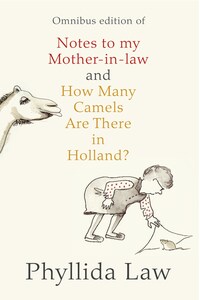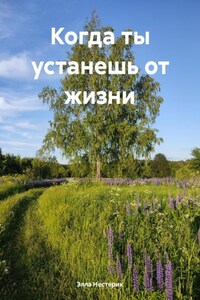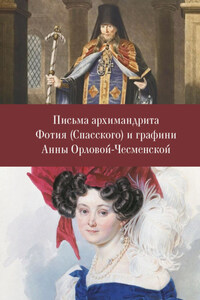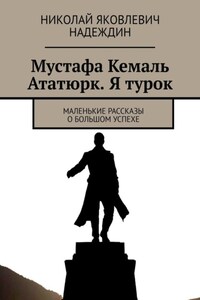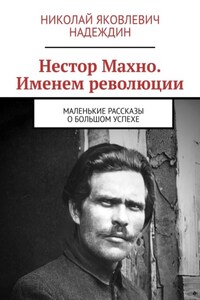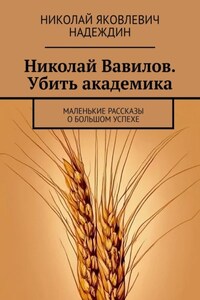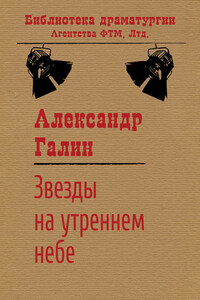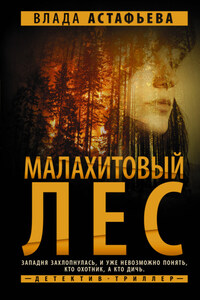The Jesuits say, ‘Give me a boy for his first seven years and I’ll give you the man.’ What if you gave them a girl? Discuss.
My mother Meg was given me till the age of seven, at which point war broke out. The second one. I can remember where she sat to tell me I was to be an ‘evacuee’. I was to leave home and stay in the country away from something called ‘Air Raid’. ‘Life is made up of moments’, and that was one of them.
My evacuee school was a dozen pupils in a dining room. It was made clear that I did not belong. I was a wee Glasgow ‘keelie’ who caught fleas, lost her gas mask and thought Adam and Eve lived in Kirkintilloch. I responded by becoming shy, secretive and anxious to please – and a telltale too.
I was moved to another school as the only boarder. Looking back I feel bereft, seeing an isolated little person. But I loved it. I loved the school room. It was entirely mine of an evening, a large room lined with bookshelves amongst which I found an ancient medical dictionary. Reading avidly I discovered that, amongst other things, I was suffering from a sexually transmitted disease. My friend Isobel Hebblethwaite said I had caught it from a loo seat and would probably die young. I thought I’d better not tell my mother, who in any case wasn’t there, and I wouldn’t tell Miss Jenny, my teacher, as I didn’t think sex was one of her subjects. I decided simply to devote my life to the healing of the human race. A Scottish Mother Teresa. With a stethoscope.
After my book-lined classroom I was sent to a fully-furnished boarding school with 40-minute lessons, dinner bells, hockey, lacrosse and ‘don’t run in the corridors’. Mother became a treat. She was like Christmas, turning up at half term bringing gifts: treacle toffee, sox and my first bra (a Kestos, all buttons and elastic, which she waved at me amongst a cloud of classmates). Such embarrassments aside, the agony of her going was difficult to endure with dignity.
I’m not sure boarding school was brilliant preparation for motherhood. I have even envied baby chimpanzees hooked so conveniently on their mother’s hip. We all learn from example, don’t we? What’s more, they get a comprehensive sex education. My mother, daughter of the Manse, had none. Grannie first advised her daughters that on marrying they should buy nighties that buttoned down the front. I fared better with my medical dictionary, snogging at the back of a touring bus, and the Jean Anouilh play about Orpheus and Eurydice (Point of Departure).
Flying in the face of reason, we got married on the morning of a matinée day when we were both in A Midsummer Night’s Dream. We thought we’d better practise birth control for a bit, so we bought an odd little swivelling metallic calendar from an advert in The Spectator. It didn’t work. So we had Emma.
I told my mother I couldn’t bring up this tiny creature as I had no opinions or convictions of any sort. She said I had. She said I’d soon find out. I was a weather vane in a gale-force wind. What was a mother? What was a father? We made it up as we went along, cherry-picking from our past.
Emma was an elegant, independent baby with a gift for getting out of her cot. Sophie the Second didn’t bother. She studied us from a distance with her enormous black eyes and now and again let out a deep, drunken giggle. We used to bribe Em to make her laugh. She took her duties as the eldest very seriously. I still feel guilty about saying to her, unthinkingly, ‘We are going to have another baby.’ Another? Instead of me? The English language is a minefield. So is parenthood, isn’t it?
I soothed Em as a baby with Rose Hip Syrup, endlessly advertised for babies, and vitamin C. It’s the syrup that’s the culprit. It produced brown dots of decay on Em’s front teeth and the dentist said he would give her implants when she was seventeen. I remember shaking helplessly for days, cleaning, wiping and weeping. It was fine. And no one advertises Rose Hip Syrup any more.
Sophie got eczema and a vicious diet. We would take fruit and small brown sandwiches for any celebration instead of sweeties. Other children were impressed.
Bringing up children was in some way easier when the world was younger and you could leave your baby in its pram outside the butcher’s. Outside. You could keep an eye on it through the window whilst it ate lumps of the bread you had just bought next door, and offered it to passersby.
